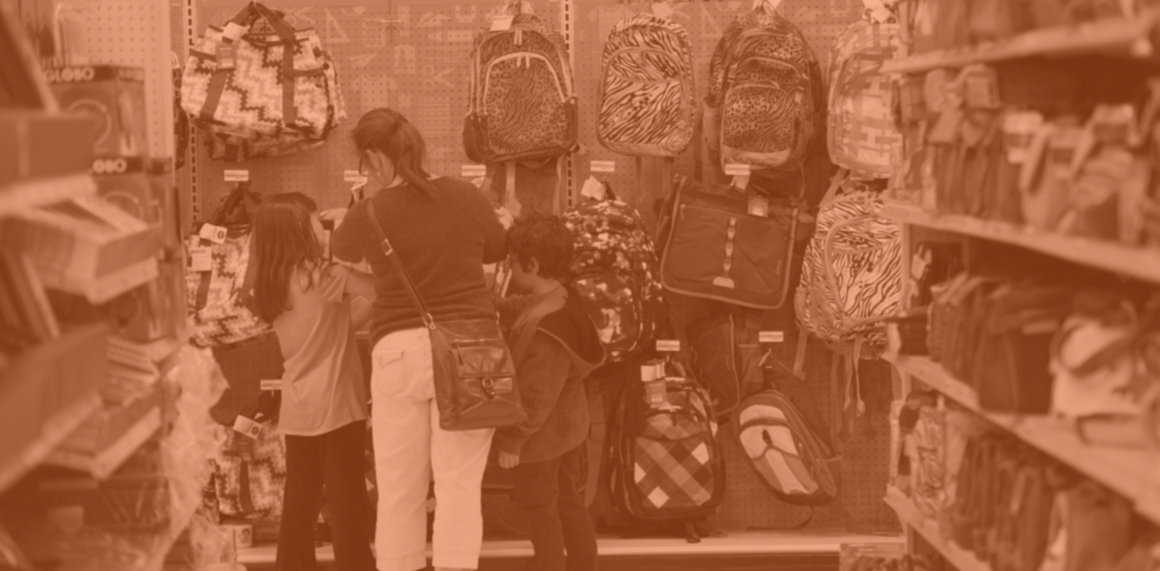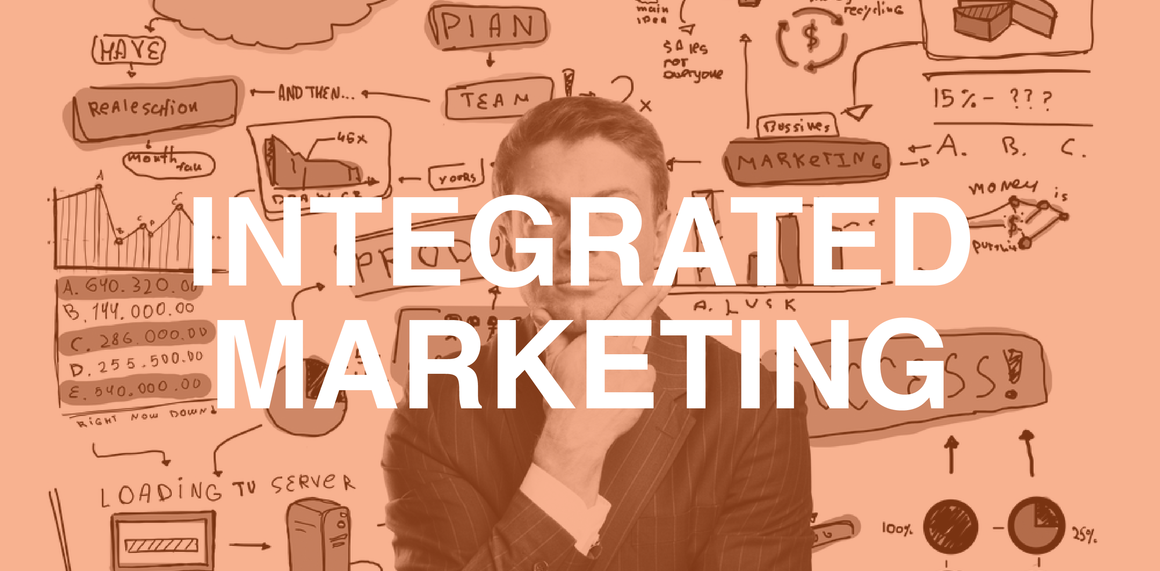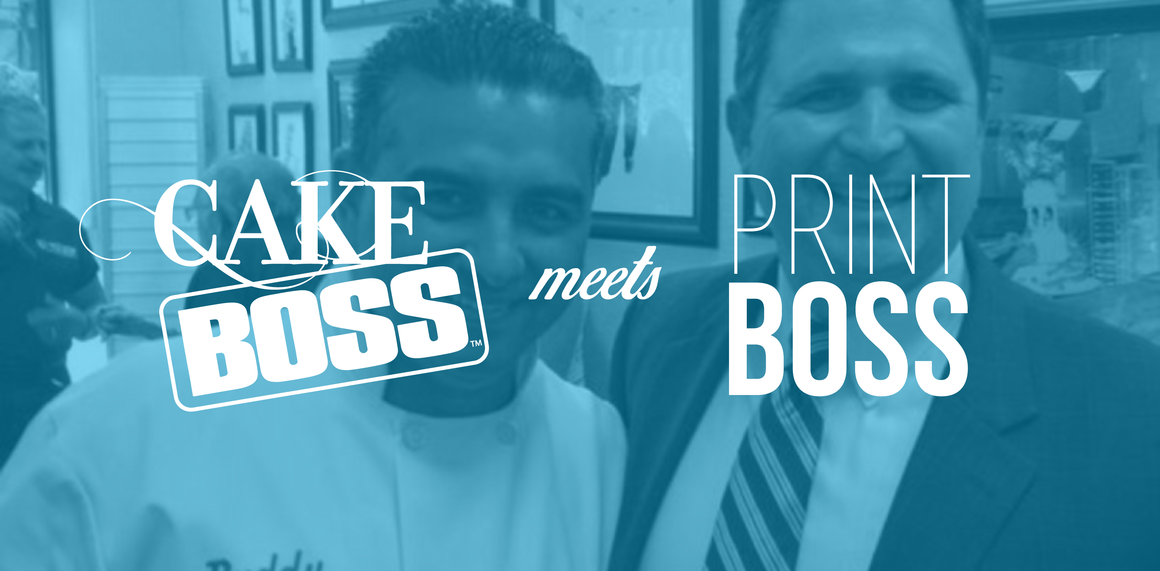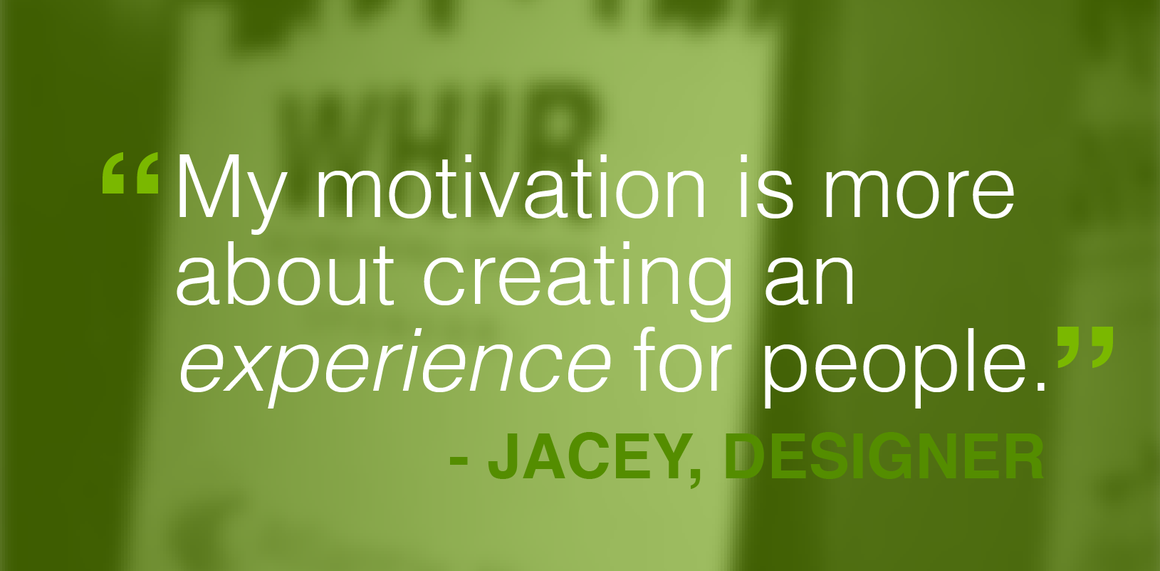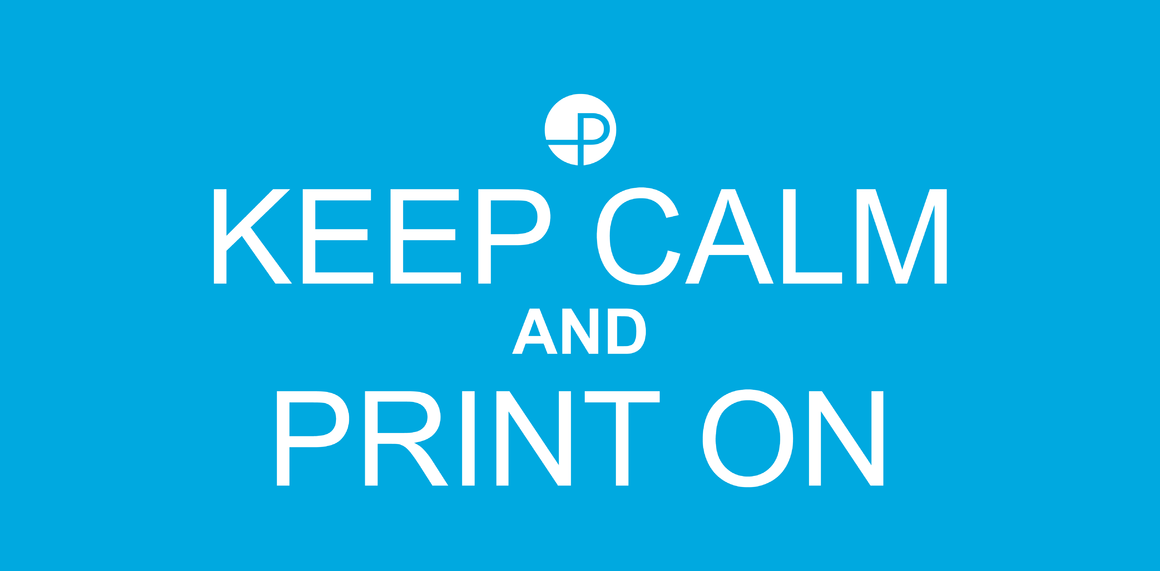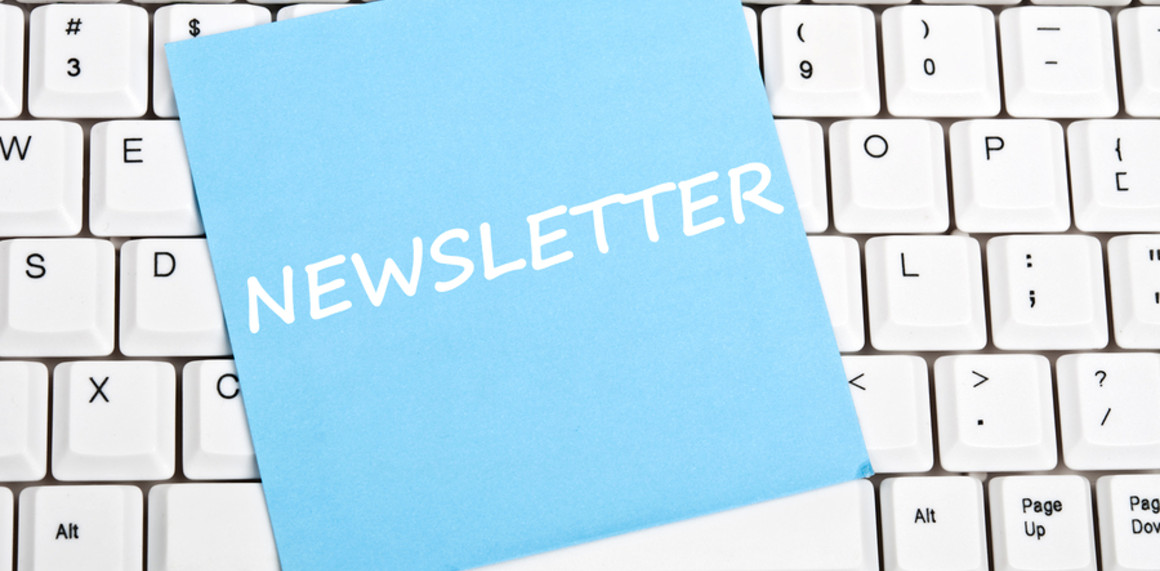In our nearly 35 year history we have printed thousands of these signs, an experience that has provided us with a great amount of insight as to what may or may not be important when joomla_4eloping useful and purposeful signage. However, we seldom have the opportunity to gain insight from the end users, the decision makers who are ultimately responsible for overseeing these events so we reached out to some friends for some perspective.
The following three questions were posed to two industry experts, Lindsay, an executive director of a large national nonprofit and Mary, an accomplished meeting manager who is responsible for a large, annual national meeting (4,000 attendees) as well as an international meeting (respectively). In addition we reached out to one of our favorite designers, Jacey of Ten Eleven Design, to gain some insight on her perspective.
Question: when you are contemplating a design project how much thought is given to the attendee’s experience / engagement? Meaning, are you thinking about how they will interact with your piece and how much thought is given to creating an attractive piece? I’m sure equal weight is given to both but what I’m after is the struggle you face, as a designer, in creating an active piece that is also functional yet in many cases disposable.
Jacey (Designer): When designing signage for conferences or events, I always begin with the event space. I gather information on how people will navigate the space, locations of messages and signs, timing of when people will receive information, etc. From there, I can make choices about conceptual design. I don’t really think too much about how temporary the design unless the client specifically wants to reuse the signs or hardware. My motivation is more about creating an experience for people, even if it’s temporary one. I also love exploring opportunities to recycle or upcycle used event materials and hope there is more of a demand for that in the future.
Question: When considering signage for a meeting what are the two or three most important elements that you think will define success?
Mary (Meeting Manager): Branding, branding, branding. You need your sign clearly branded with discernible graphics related to the meeting and / or the association’s logo or theme. Well branded signs create connections with attendees, make them feel a part of the experience and generate enthusiasm in non-traditional spaces such as escalators, elevators and lounges (fun place).
Lindsay (Executive Director): I look for high quality that can be used again. It’s important to me to be green so I don’t like to have single use signs. I prefer to make an investment on the front-end and to re-use over and over.
Question: Given the nature of today’s ultra-creative and visual environment how loose (fun, free, crazy) can we be with having fun with the creativity of directional or other signage?
Mary: Signage has a clear purpose in the delivery of information – they need to be clear and concise so attendees get the information they need quickly and in a meaningful way. Fun is okay but it’s important not to lose sight of the purpose of the sign.
Lindsay: Fun is fine but I prefer simplicity with minimal text. People are busy so the signage should help attendees feel welcome and communicate necessary information.
Question: How closely do you work with the design team when creating event signage?
Mary: Very closely – I need to be involved from beginning to end to ensure that messaging and design reflect the brand. Branding, branding, branding.
Lindsay: Cost is important. Nonprofits run on tight budgets so while design is good, cost must be factored.
As the team that sits squarely within the nexus of creativity, production and delivery it’s fascinating to learn what’s important to those responsible for ensuring what we produce meets their expectations. In many cases, signage can make or break a meeting or be the difference between a frustrated attendee and one that arrives to their sessions on time. After all, there’s a reason GPS is so popular…we love to know where we’re going and hate it when we can’t find our way.
A big thank you to our contributing experts!
photo credit: http://www.thinkinc.com/blog/think-attends-forrester-consumer-forum-conference-in-chicago/



